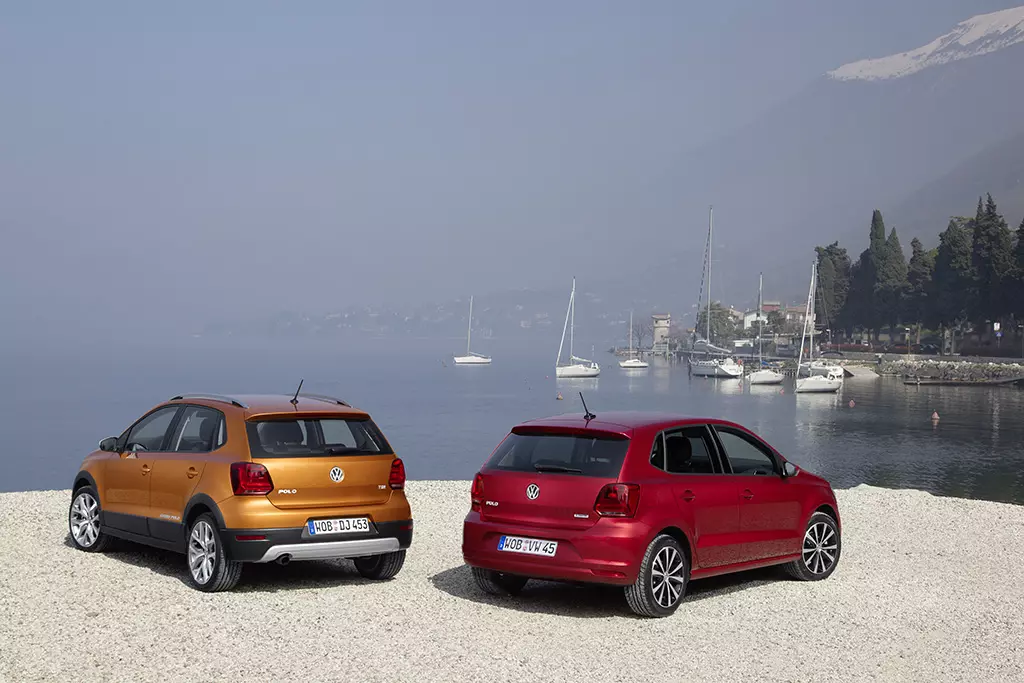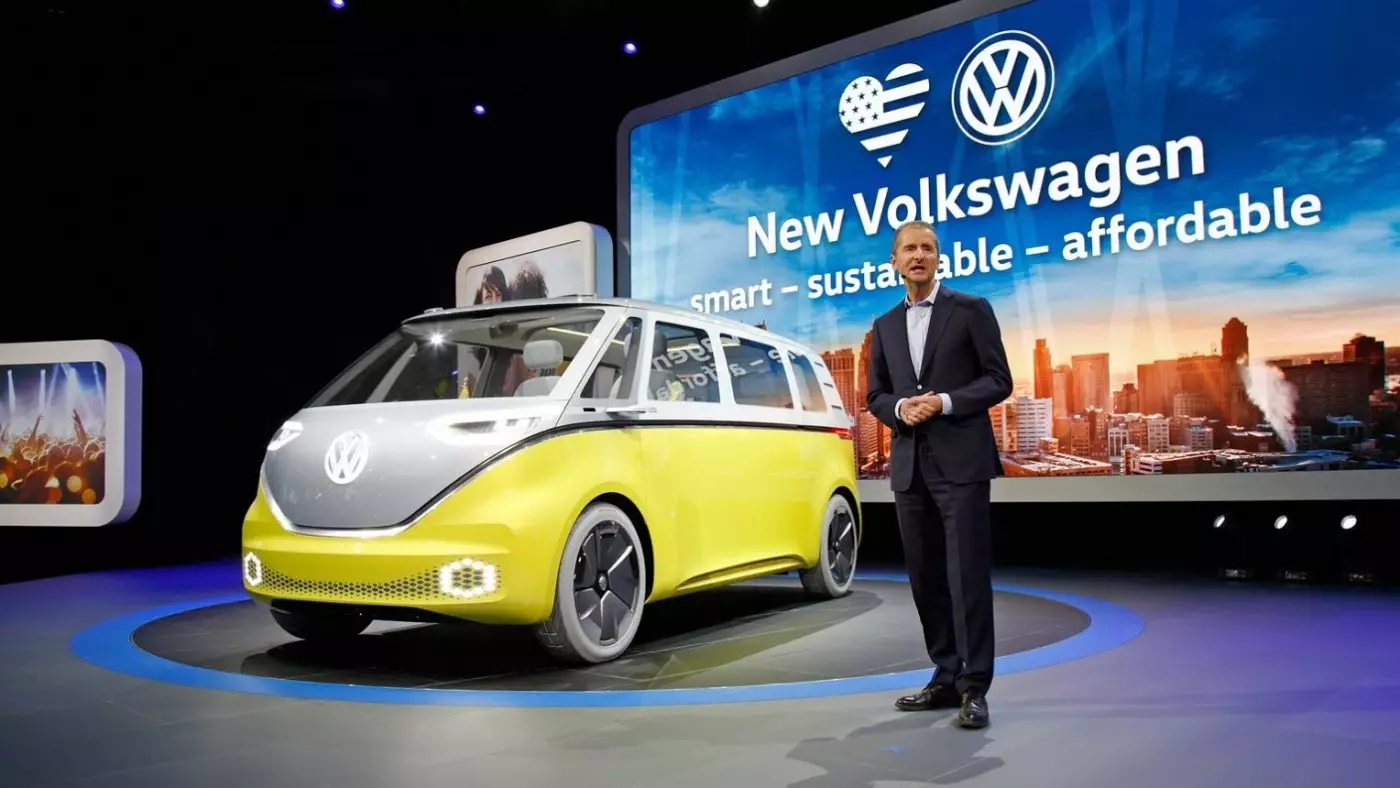Frank Welsch, Volkswagen Research and Development Director, revealed that the days of small diesel engines in the Volkswagen Group are numbered . Alternatively, hybrids will take their place.
The next generation of the Polo — which we'll discover later this year — was supposed to debut a new 1.5 l Diesel propeller, but the brand's plans have changed. The increasingly stringent emission standards in terms of CO2 and NOx values and the lower demand for diesel engines in the B-segment led Volkswagen to stop its development.
Instead, the Volkswagen Group's strategy is to redirect its resources towards the development of hybrid engines based on small-capacity gasoline propellers.
As might be expected, the main motivation for canceling the replacement of the current 1.6 TDI refers to costs. Particularly the cost of the exhaust gas treatment systems, which according to Welsch, was decisive for this strategic change.

“Only for the exhaust gas treatment systems, the additional costs can range from 600 to 800 euros,” says Frank Welsch, speaking to Autocar, adding that “the exhaust gas treatment system is as expensive as the engine in itself. Adding a Diesel engine to the Polo corresponds to 25% of the total cost of the model”.
There is still no definitive timetable for the end of the "small Diesel" in the Polo, but the destination is already set for the EA827, the current 1.6 TDI, with its end to happen in the next three to five years. The 1.4 tri-cylindrical TDI will also meet the same fate.
The hybrid alternative
Alternatively, in the not-too-distant future, instead of small Diesels, a small gasoline engine will be opted for coupled with an electric motor. We are not referring to hybrids like the Toyota Prius, but to a simpler type of hybridization — known as mild hybrids — fundamentally more affordable than the latter.

Based on the new 48V systems, the electrical component is expected to increase the effectiveness of the start-stop systems, including braking energy recovery and some kind of assistance to the internal combustion engine. According to Welsch, these hybrids are a cost-effective and viable response to increasingly stringent emissions regulations. They manage to rival the small Diesels in terms of CO2 emissions and practically eliminate NOx emissions.
However, the end of the 1.5 TDI does not imply the end of Diesel at Volkswagen. The 2.0 TDI will continue to be present in the most varied models of the brand, and will soon know an evolution, naturally called EA288 EVO, where Welsch promises great results in terms of CO2 and NOx emissions.
